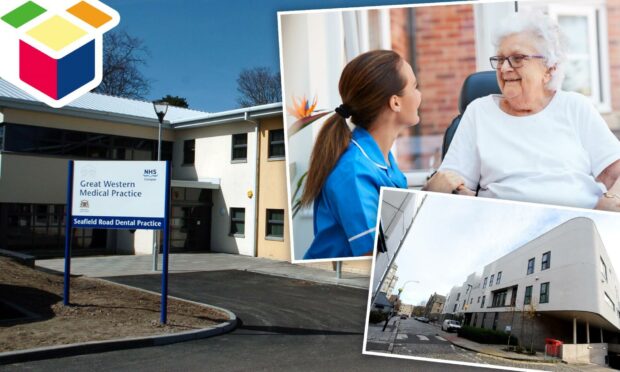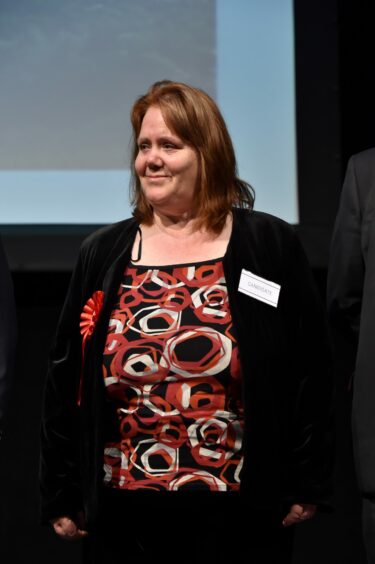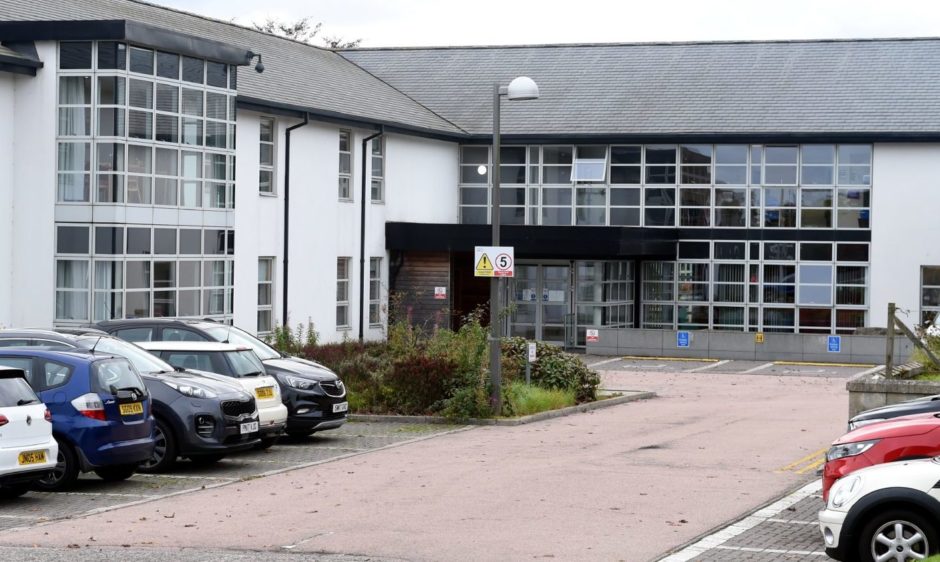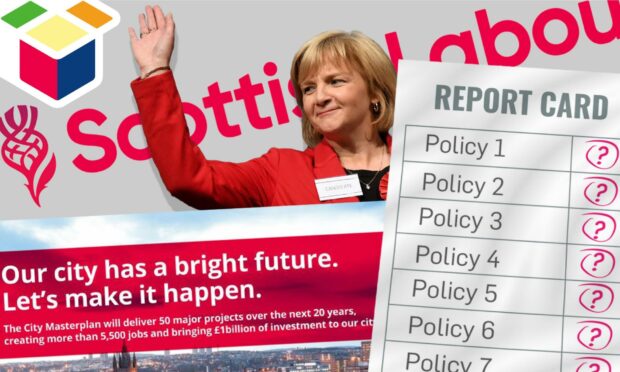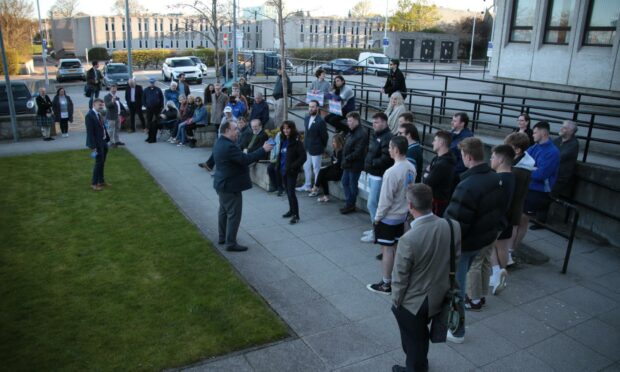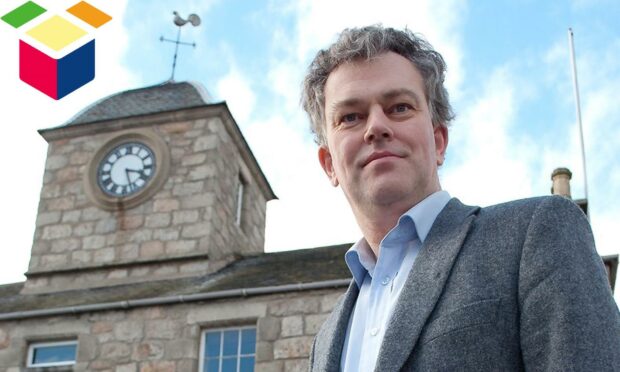Health is a topic included in many election manifestos – but exactly how could your vote ease local healthcare pressures?
Every council faces its own set of challenges when it comes to the care of its demographic, whether it’s the growing ageing population or mounting pressures on GPs to meet appointments.
To help, each has a board made up of non-executive NHS directors, councillors and representatives from service users, carers and the voluntary sector.

As such, councillors are well-placed to have an understanding of health and social care services, which are under the remit of the Integration Joint Boards (IJBs).
They have a wider role where their interest lies in the wellbeing of the communities they look after – and have the “lived experienced” to understand what their constituents need most.
So, how can councillors help?
Across Scotland, there are 30 IJBs responsible for planning health and social care services.
These boards have full power to decide how to use resources and deliver services.
This can range from promoting healthy eating to ward off obesity, through to type 2 diabetes and mental health campaigns.
Vice-chairwoman of the Aberdeen IJB, Labour councillor Lesley Dunbar, explained: “We’re living in times where there’s a number of challenges, and being on the IJB is important because it gives us an opportunity to have scrutiny and ensure accountability.
“Councillors are elected to make a difference and positive change.
“And through the role of being an IJB member, I think we are really well-placed to be able to do that.”
Additionally, she says councillors on the board can be held accountable for the “quality of their decisions”.
What has Aberdeen’s IJB managed to achieve?
In Aberdeen, the IJB has had a “very ambitious strategy” for the last five years.
It has eight voting members – four people who sit on the NHS Grampian board, and four councillors (two Aberdeen Labour, one Conservative and one SNP).
One of its success stories has been Operation Home First, an initiative to reduce the length of time people may need to spend in the wards.
It ran for an initial 16 weeks from January 2021, and members of Aberdeen’s integration joint board (IJB) were asked to extend it.
The scheme at Rosewell House meant NHS Grampian was able to take over 40 beds at the rehabilitation centre to ease pressure on the health service during the second wave of the Covid-19 pandemic.
Meanwhile, Hospital At Home, another aspect of Operation Home First, offered patients hospital-level care for conditions, such as pneumonia and sepsis without them having to leave their homes.
A report from April 2021, said it prevented 308 elderly people from being admitted to the wards that year, and helped 168 be discharged sooner.
Reaching out to hear from patients, carers and members of the public
Ms Dunbar, who is stepping down from politics at this election, said officials in the IJBs don’t work as individuals – but as a part of a team.
“More and more, we’re looking to co-design and co-produce services,” she said.
“It’s not only about what individual councillors think, it’s that we need to continue to work in partnership with staff and communities.
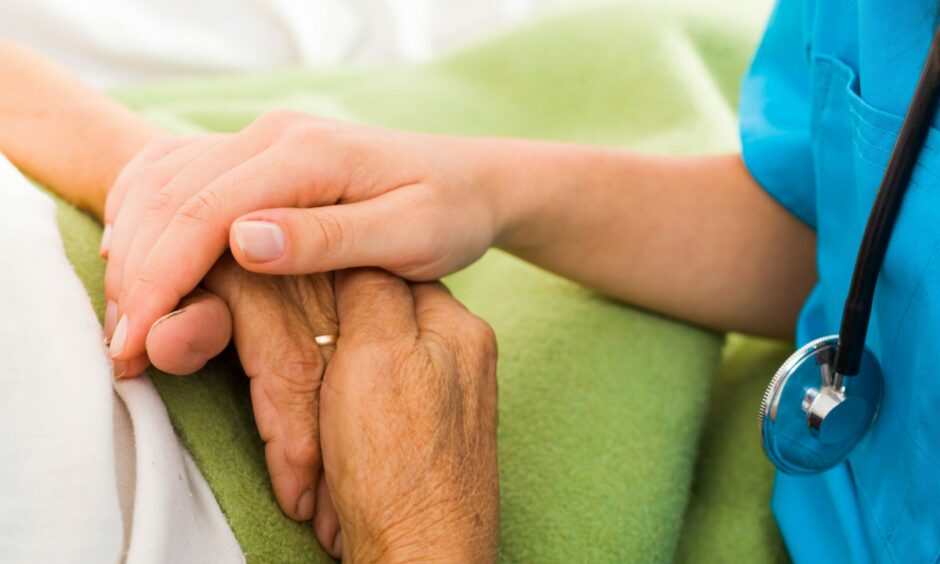
“And reach out and hear from patients, carers or parents.
“We often talk about that ‘lived experience’, and it’s key to deliver the best possible services for families and communities.”
You can find a full list of candidates standing for election to Aberdeen City Council here.
More health news…
‘We’re being held hostage’: Aberdeen patients banned from switching GPs
NHS Grampian apology over ‘unreasonable’ care of late cancer patient
Mental health hub launched in response to pandemic helped more than 5,000 people
